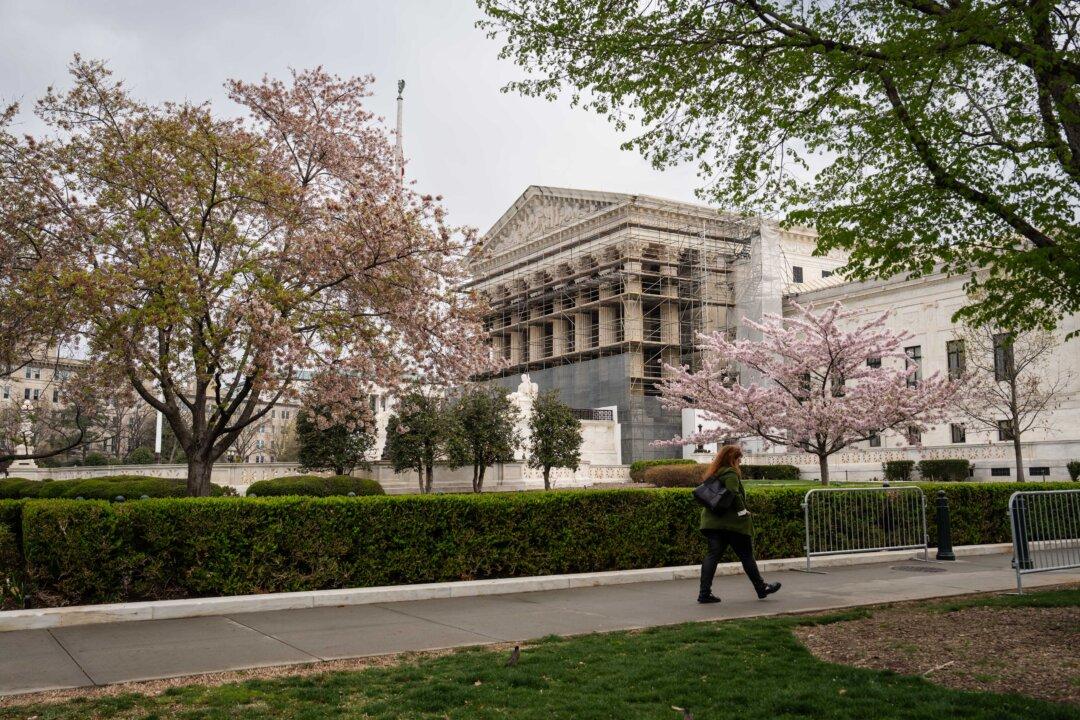The Supreme Court on April 21 will hear a case about the constitutionality of a federal panel that issues mandates requiring insurers to cover preventive medical services without cost to patients.
In Kennedy v. Braidwood Management Inc., the justices will consider the constitutionality of a federal law that allowed the U.S. Preventive Services Task Force to make binding recommendations about preventive medical services, such as medications and screenings. The legal provision is in the Patient Protection and Affordable Care Act, also known as the Obamacare statute, which was enacted in 2010.





